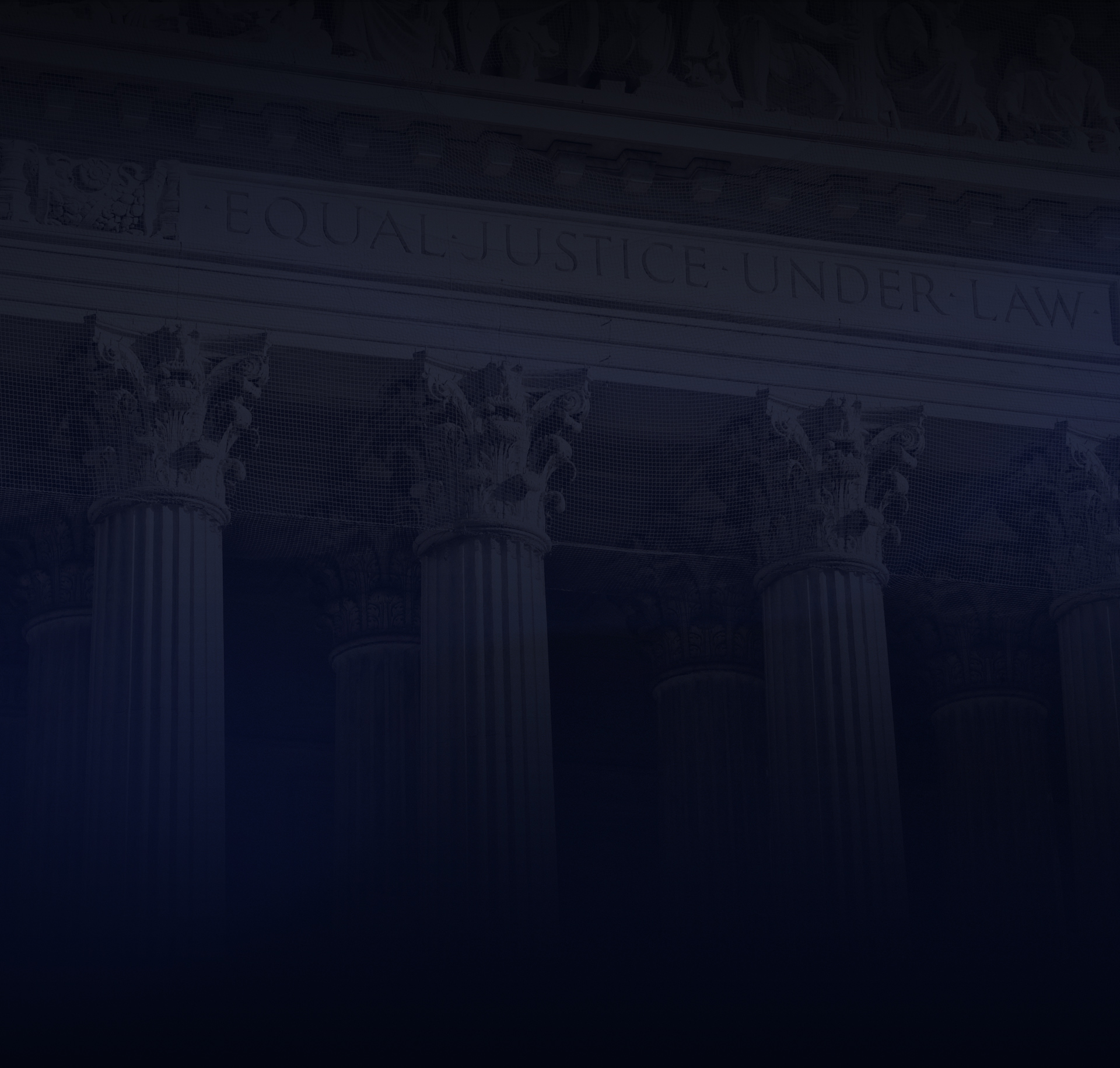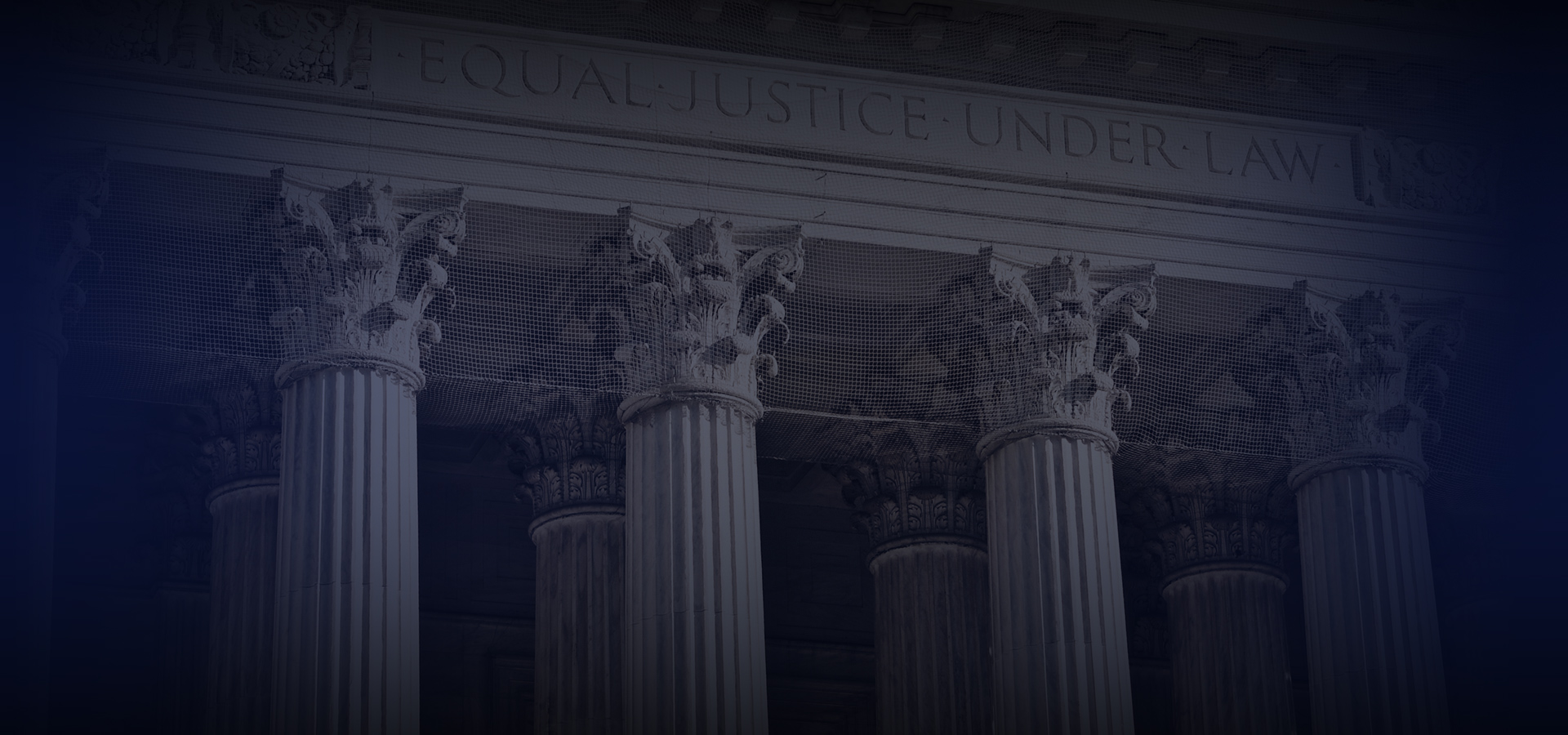
Las Vegas Bankruptcy Exemptions Attorneys
Protecting Your Assets in Bankruptcy
When you file for bankruptcy, you may be concerned about what will happen to your property. Fortunately, you can protect many of your assets by taking advantage of bankruptcy exemptions. These exemptions allow you to keep certain property and assets, up to a certain value, so you can get a fresh start without losing everything.
At Fox, Imes & Crosby, we understand that you may be worried about what will happen to your property when you file for bankruptcy. Our Las Vegas bankruptcy lawyers can help you understand how bankruptcy exemptions work and what property you can protect. We can also help you determine whether you should use state or federal exemptions and guide you through the process of claiming exemptions in your bankruptcy case.
For a free consultation with our team, call (702) 941-6320 or contact us online.
What Are Bankruptcy Exemptions?
Bankruptcy exemptions are laws that allow you to protect certain property and assets when you file for bankruptcy. These exemptions determine what property you can keep and what property you must sell to repay your creditors.
Exemptions are an important part of the bankruptcy process. They allow you to get a fresh start without losing everything. They also help ensure that you have the basic necessities you need to rebuild your life.
Bankruptcy exemptions are not automatic. You must claim them in your bankruptcy case. If you do not claim an exemption, the bankruptcy trustee can sell the property and use the proceeds to repay your creditors.
There are two types of bankruptcy exemptions: state and federal. Each state has its own set of exemptions. Some states allow you to choose between state and federal exemptions. In other states, you must use state exemptions. Nevada is one of the states that has opted out of federal exemptions so you must use our state exemptions.
At Fox, Imes & Crosby, we can help you understand and determine which exemptions are right for you. Call us today at (702) 941-6320 to get started.
What Property Can I Protect with Bankruptcy Exemptions?
Bankruptcy exemptions allow you to protect certain types of property and assets. The specific property you can protect depends on the exemptions you use and the value of the property.
Here are some examples of property you can protect with bankruptcy exemptions:
- Your home
- Your car
- Household goods and furniture
- Retirement accounts
- Public benefits, such as Social Security and unemployment benefits
- Tools of the trade
- Life insurance policies
- Personal injury settlements
- Wages
Each exemption has its own value. If your property is worth more than the exemption, the bankruptcy trustee can sell the property and use the proceeds to repay your creditors. If your property is worth less than the exemption, you can keep the property.
For example, if you have a car that is worth $10,000, you can keep the car, because the Nevada car exemption is $15,000. If you have a car that is worth $16,000, the bankruptcy trustee can sell the car and use the funds to repay your creditors.
Some exemptions are unlimited. This means that you can protect the full value of the property, no matter how much it is worth. For example, if you have a workers' comp settlement that is worth $100,000, you can keep the full amount of funds because the Nevada workers' compensation exemption is unlimited.
What Are the Nevada Bankruptcy Exemptions?
Since Nevada opted out of federal exemptions, you must use the state's bankruptcy exemptions. These laws state that you may protect the following property:
- Your home, up to $605,000 in equity
- Your car, up to $15,000 in equity
- Household goods and furniture, up to $12,000 in value
- Retirement accounts up to $1 million
- Public benefits, such as Social Security and unemployment benefits
- Tools of the trade, up to $10,000 in value
- Life insurance policies
- Personal injury settlements, up to $16,150 in value
- Wages,
- up to 82% of your disposable income if your weekly wage is $770 or less; or
- up to 75% of your disposable income if your weekly wage is greater than $770; or
- 50X the federal minimum wage
Remember, these exemptions are subject to change if state law changes. For this reason, it is always recommended that you consult with an experience bankruptcy attorney who is dialed into these changes in Nevada law.
Call us today at (702) 941-6320 to learn more about the Nevada bankruptcy exemptions.
How to Claim Bankruptcy Exemptions
When you file for bankruptcy, you must list all of your property and assets in your bankruptcy schedules. You must also list the exemptions you are claiming for each piece of property. If you do not list an exemption, the bankruptcy trustee can sell the property and use the proceeds to repay your creditors.
Claiming bankruptcy exemptions can be complicated. You must know what exemptions are available and how much property you can protect. You must also know how to value your property and how to claim the exemptions in your bankruptcy schedules.
At Fox, Imes & Crosby, we can help you claim the bankruptcy exemptions you are entitled to. We can help you understand what property you can protect and how much property you can protect. We can also help you value your property and claim the exemptions in your bankruptcy schedules.
Our Las Vegas bankruptcy lawyers can guide you through the process of claiming bankruptcy exemptions. Call us today at (702) 941-6320 or contact us online to get started.


WHY CHOOSE FOX, IMES & CROSBY
-
Flexible Payment StructureWe work with you to create a payment plan that will work with your budget!
-
Over 50 years of experienceAt Crosby & Fox our team has over 50 years of combined experience.
-
Dedicated To Our ClientsOur team is dedicated to helping our clients get the relief they need.